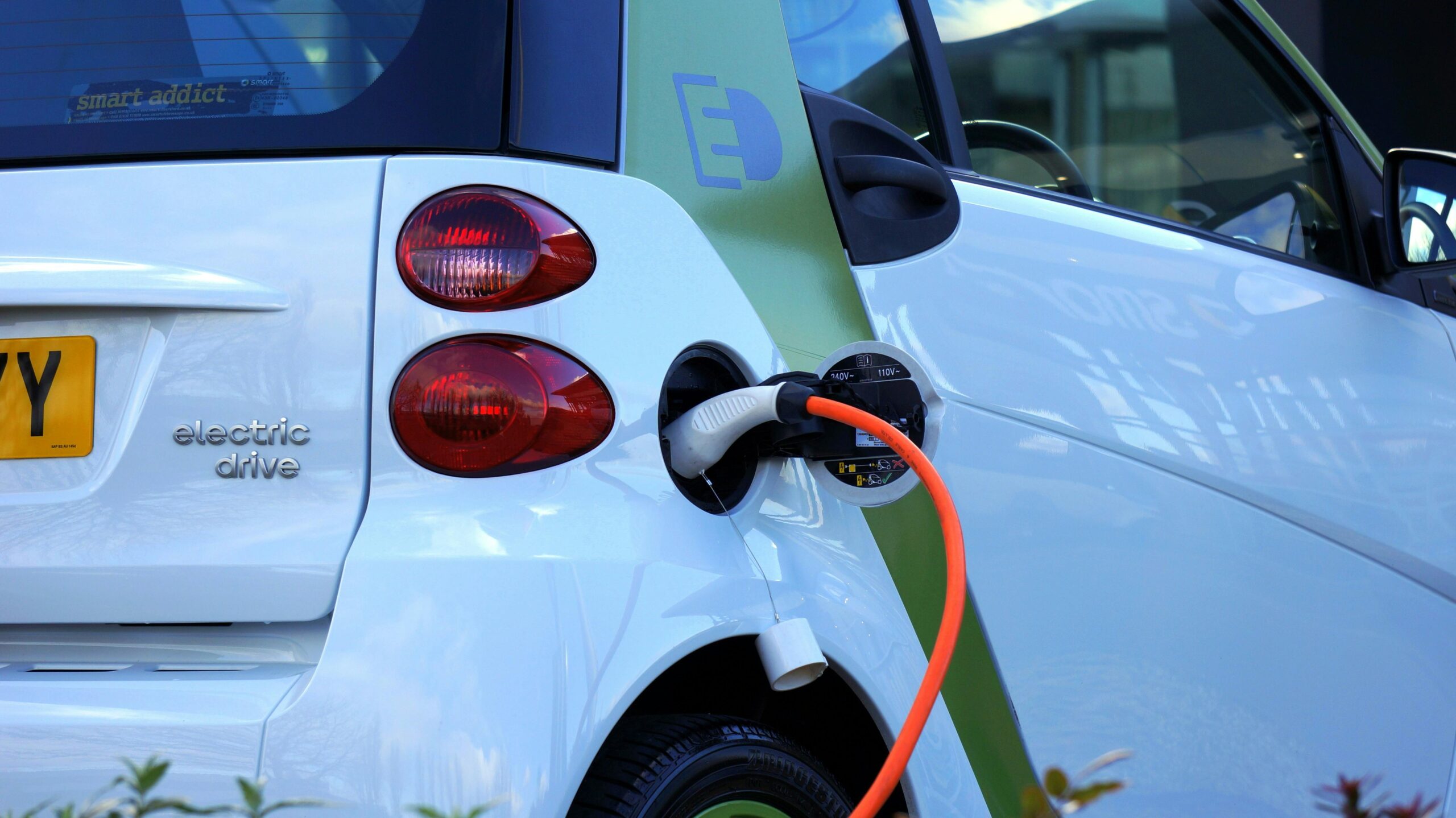Over the past few years, the adoption of electric cars has skyrocketed, signalling a profound shift in the transportation sector. This trend isn’t just being driven by environmentally-conscious individuals, but also by forward-thinking businesses that are looking to cut costs, improve their public image, and pave the way for a sustainable future. Switching to electric cars presents a compelling cost-benefit case for businesses, whether small or large.
Exploring the Cost Advantages
The vital question for any business considering electric vehicles (EVs) is undoubtedly: will it save money? The good news is, an affirmative answer is quite straightforward, particularly when looking at the total cost of ownership (TCO) over the vehicle’s lifetime. A study by consulting firm Capgemini found that EVs typically have lower fuel, maintenance and tax costs, thereby providing substantial cost-saving opportunities for businesses. Even though the initial purchase price of an electric vehicle, such as a BYD Seal, might be higher than that of its petrol or diesel counterpart, significant savings can be made in the long term. When it comes to fuel, electricity prices are substantially lower than petrol or diesel, and the gap is projected to widen as oil prices continue to rise.
Maintenance is another area where EVs trump their traditional counterparts. EVs have fewer moving parts, which translates to fewer components that could fail or require replacement. According to a report from LeasePlan, maintenance costs for EVs can be up to 40% lower than for petrol or diesel vehicles.
Boosting Your Image: Environmental and Social Benefits
In a world increasingly concerned about climate change, showing commitment to green practices can dramatically improve a business’s reputation. Switching to electric cars is an effective and visible way to demonstrate that commitment. By reducing your company’s carbon footprint, you contribute to better air quality and improve public health.
Customers, clients, and potential employees are more likely to favour companies that have clear sustainability initiatives, and electric vehicles undeniably fulfil this purpose. A deliberate policy towards green transportation can often comprise a meaningful part of public relations and corporate social responsibility strategies.
Government Incentives
The UK government has measures in place to encourage the use of electric cars, including financial incentives and tax benefits. The Office for Low Emission Vehicles provides a grant of up to £3,000 on purchasing an eligible low emission vehicle, which can be a significant saving.
Furthermore, the vehicle tax rate for full electric vehicles is £0, providing further cost advantages over the lifetime of the car. Company car tax, known as Benefit-in-Kind (BiK) tax, is also significantly lower for electric vehicles, so company car drivers can enjoy significant tax savings too.
The Future is Electric
There is little doubt that the future of transportation is tilting decisively towards electric mobility. By taking the plunge now, your business can seize the cost advantages, boost its green credentials, and stay ahead of the curve.
In conclusion, the switch to electric cars is not only beneficial for the environment but also makes sound business sense. Adopting an EV fleet may well be one of the most effective and rational financial decisions that businesses can make in today’s dynamic business environment. Undeniably, the cost-benefit analysis tilts in favour of EVs, making it a strategic advantage in the face of rising costs and sustainability demands.







